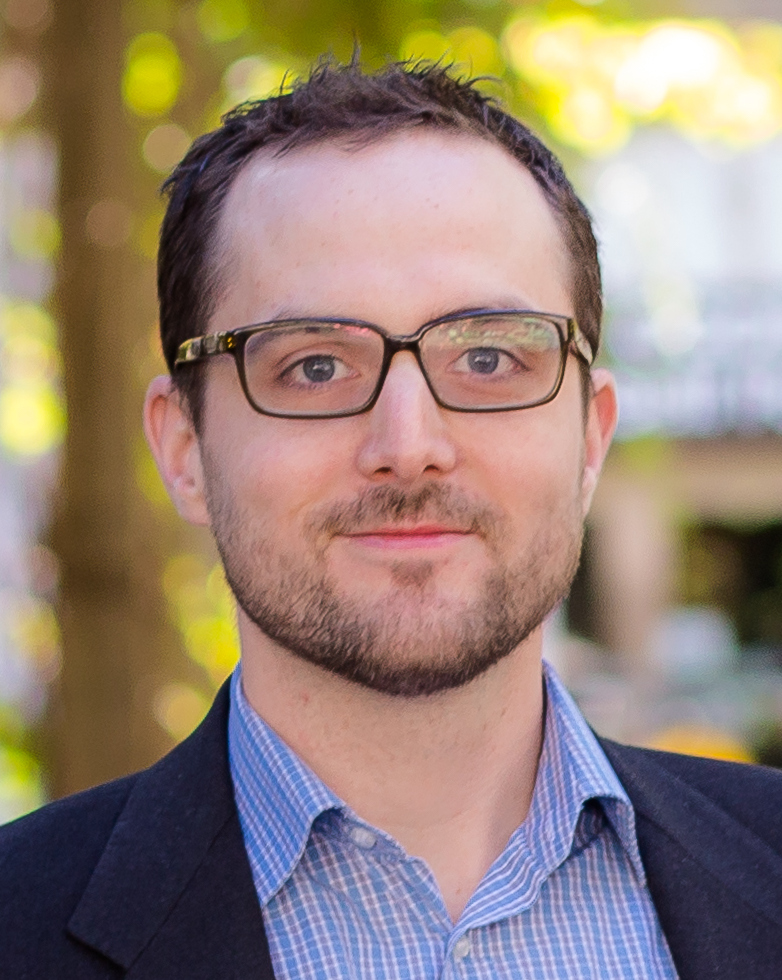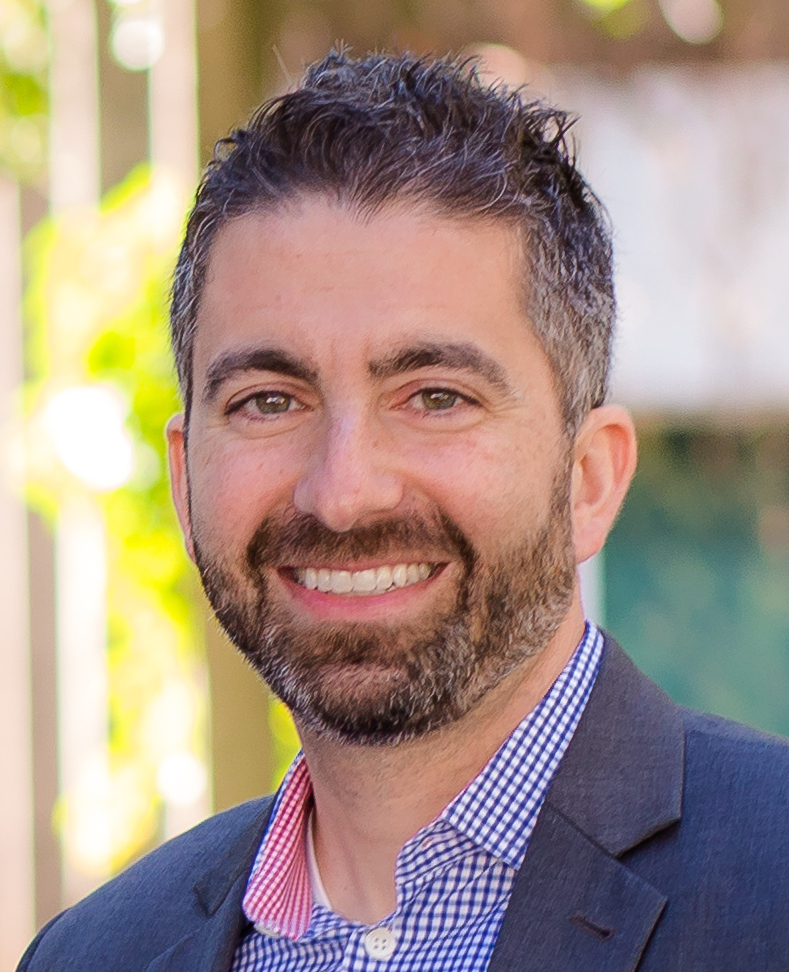Bonus Episode: Women in Fintech
Mallory Kwiatkowski
Today is International Women’s Day, and we’re honoring it with a very special bonus episode of Barefoot Innovation, on Women in Fintech...and with Women in Fintech. My four guests are Laura Spiekerman, the CRO of Alloy, Melissa van Kluyve, Associate at Clocktower Technology Ventures, Zoe Chaves, the Product Manager of Splitwise, and Lyn Farrell, the Regulatory Strategy Advisor of Hummingbird Regtech. We had also planned to speak with Reetika Grewal, the Head of Payments Strategy and Solutions of Silicon Valley Bank, but she had travel complications and couldn’t join us.
The seed for doing this show was planted at Money 20/20 in Las Vegas last fall. This group of women organized a reception there for women in fintech -- an idea that they, in turn, originally came up with at Money 20/20 the year before -- they’ll tell that story in our conversation. At the reception, I was chatting with Ana Hernandez of Affirm (whom we had also hoped to include in this show but had schedule conflicts), and I realized that our audience would love to hear the perspective of these fascinating women.
So, in today’s episode, we talk the whole thing over. Why do the tech and fintech sectors need diversity -- why will it make them better companies? Why don’t we have more diversity? What are the keys to recruiting more women and people of color? What are the keys to retaining them and creating thriving, diverse work environments? How can we develop more women founders? What’s the role of men in making all this work better? How can people learn to see their own unconscious bias?
One note on Lyn Farrell being with Hummingbird Regtech. As regular listeners know, I’m a cofounder of Hummingbird and as I mention in today’s discussion, we are recruiting now for our growing tech team in the Bay Area. We’re specifically trying to build diversity, and to that end, one of our male co-founders wrote Our Diversity Manifesto, which we’ve posted on our website. We would love feedback on it, as well as recruits!
Listeners often tell me that what they love most about Barefoot Innovation is the feeling of being a fly on the wall for a conversation that they never otherwise would have heard. That’s sometimes about hearing from someone you might never meet, or hearing people thinking in depth about important problems, or hearing candor -- truth -- that might never have been expressed in another setting. Today’s show is a great example.
More on our guests’ companies
Alloy offers Identity verification APIs that make KYC/AML effective and simple. It works with many sources of data, any custom workflow, one API.
Clocktower partners with entrepreneurs to reinvent financial services, investing from the earliest seeds of startup life to businesses scaling for growth. It supports leading companies across all sectors of financial services, including lending, payments, insurance, asset management, personal finance, and capital markets.
Splitwise is an app for managing shared expenses.
Hummingbird is a modern platform for anti-money laundering, aiming to make AML investigations agile, lightweight, and intelligent.
Laura is the cofounder and CRO at Alloy. Alloy's API enables financial services companies to better manage their digital onboarding and identity requirements, increasing conversion and reducing fraud for banks and fintechs alike. The company provides access to both traditional and alternative data sources in order to convert more customers. Prior to Alloy, Laura served as the Head of Business Development and Strategic Partnerships at Knox Payments and a Research & Investment Analyst in Emerging Markets at Imprint Capital Advisors.
Zoe is the product manager at Splitwise. She's passionate about protecting relationships from money stress, and building an awesome, inclusive team: https://www.splitwise.com/jobs
Lyn is a financial regulatory compliance and banking law executive with 30 + years of experience as legal counsel, chief compliance officer and compliance consultant to the financial services industry. She is the Regulatory Strategy Advisor for Hummingbird, a RegTech company offering AML solutions. Lyn was previously a managing director at Treliant, LLC where she led the regulatory compliance practice and developed the Treliant Institute for Strategic Compliance Leadership. She is the author of the ABA’s
Reference Guide to Regulatory Compliance, and has updated this guide for 28 years. She is a specialist in federal consumer protection laws and regulations and has been a speaker at numerous bank and fintech conferences for many years.
Melissa manages platform for Clocktower Technology Ventures portfolio companies. She also helps manage the CTV fundraising process and supports investor relations.
Prior to joining the firm, Melissa led go-to-market for new products developed through the Deloitte Ventures Incubator in London. Melissa holds an MBA from Regent’s University London and a BS in Management & Marketing from Missouri State University.
Reetika is the Head of Payments Strategy and Solutions at Silicon Valley Bank, the bank of the world’s most innovative companies and their investors. She joined the company in 2012 to lead the Payments Strategy team, which focuses on internal payments strategy and development as well as working collaboratively with clients and partners to help deliver their solutions to market. Reetika leads SVB’s partnership with First Data to run Commerce.Innovated., a startup accelerator, helping early-stage companies innovating across the commerce space.
Reetika sits on the board of directors for the Electronics Transactions Association, the leading trade association for the payments industry, and is also a member of the strategic advisory board for FTV Capital, a leading growth equity investor. She has been recognized as among the most influential women in payments by PaymentsSource from 2015 through 2017.
Prior to SVB, Reetika was at JPMorgan Chase where she worked in the Payments Strategy Group and led strategy and partnerships at Clairmail (later acquired by Monitise). She has also held similar positions at Wells Fargo and Sapient. She earned her bachelor’s degree from the University of Michigan and her MBA from Washington University.
Links
https://www.womenintechnology.org/
Barefoot Innovation Podcast: Know Your Customer: Alloy CRO Laura Spiekerman
Medium Article: Meet the Women Who Are Making Sure Blockchain Is Inclusive
Medium Report: Jane VC Founder Survey Reveals Inequities in Tech Start Early
American Banker Article: How this digital-only bank lowers risk of sign-up fraud
American Banker Article: Fintech partnerships can work (see: Radius Bank)
More for our Listeners
Be sure to subscribe to Barefoot Innovation on your favorite podcast platform and leave a five-star rating, so we can help more listeners find conversations like this one. Also remember to come to our website to subscribe to Barefoot Innovation -- the newsletter, podcast and updates, and follow me on Twitter, LinkedIn, and Facebook.
We have some amazing episodes coming up. One is with Prince Michael of Liechtenstein, which we recorded at the roundtable he hosted in Vaduz on envisioning the financial services world of 2030. We’ll talk with MIT’s David Shrier. We’ll have a terrific discussion with the fascinating community bank, NBKC. We’ll have a show with Counselor to the Secretary of the Treasury, Craig Phillips and one with the Chairman of the CFTC, Chris Giancarlo. We’ll have Brian Brooks of Coinbase. We have a show coming up with the great Brett King on his new book, Bank 4.0, for which I co-wrote the regulatory chapter. And we have a fascinating conversation with Gary Shiffman of Giant Oak.
I’ll hope to see you at some of these events this spring:
SXSW, March 8-17, Austin, TX
UNC Law's Banking Institute, presenting the Clifford Lecture on March 22, Charlotte, NC
LendIt, April 9-10, San Francisco, CA
Santa Fe Group 12th Annual Shared Assessments Third Party Risk Summit, April 10-11, Washington, DC
The Innovate Finance Global Summit, April 29-20, London
Bank Director Magazine Conference, June 12, Chicago
The views and opinions expressed during the Barefoot Innovation podcast series are solely those of the individuals involved and do not necessarily represent those of Barefoot Innovation Group and its employees. Barefoot Innovation Group does not verify for accuracy the information contained in the podcast series. The primary purpose of this podcast series is to educate and inform.




















